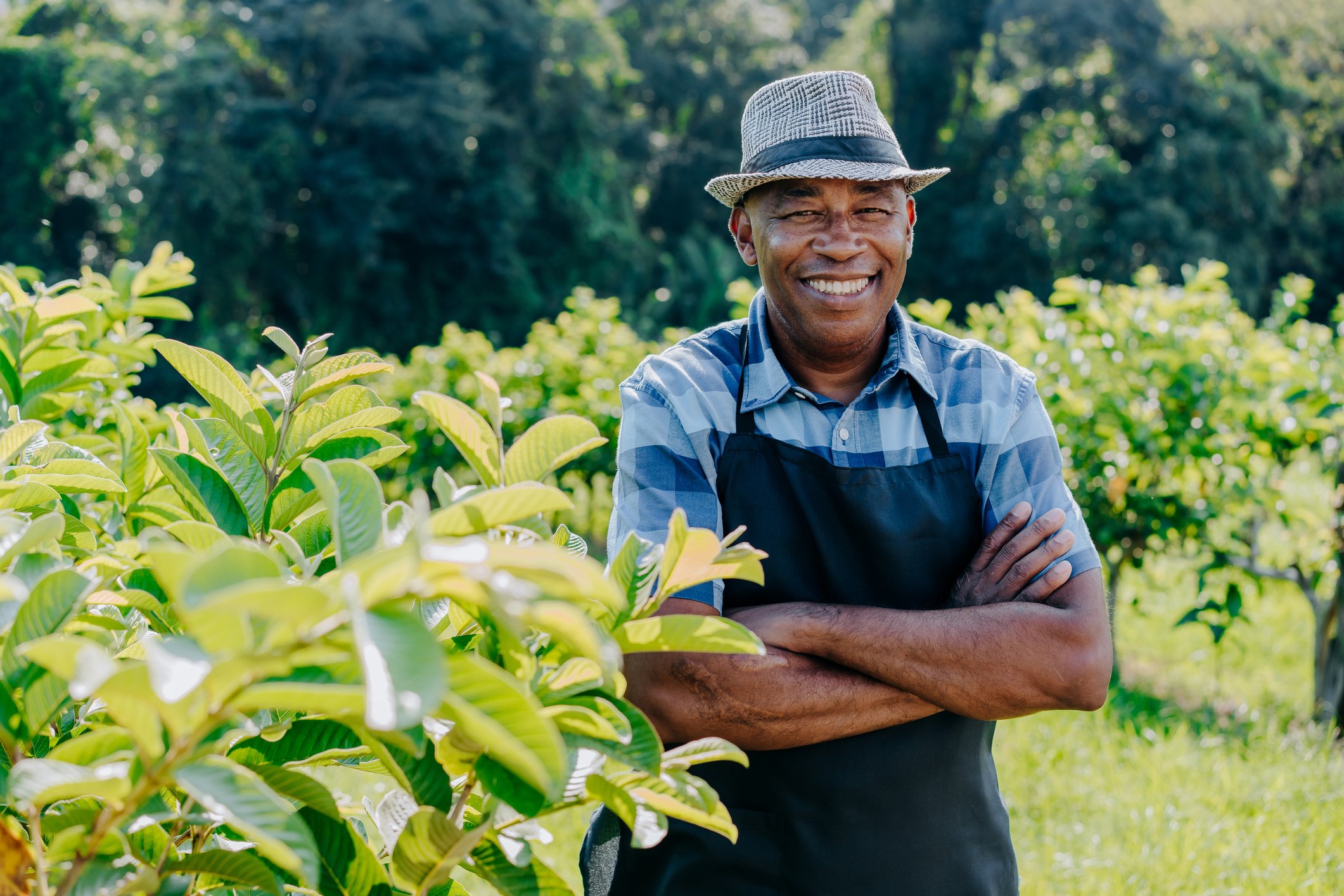
Welcome to Potlikker Capital
Fostering Resilient Food Systems
Potlikker Capital is a charitable loan fund that supports socially and economically disadvantaged agricultural producers and processors nationwide. We apply an integrated capital model, combining flexible loans, catalytic grants, technical assistance, and other tailored resources, to help strengthen local food systems and foster lasting change. Our model is rooted in trust, relationship, and community stewardship.
Our Mission
We walk alongside the people who grow, process, and distribute our food, often in the face of historic disinvestment. Our mission is to provide the resources and relationships that enable those who feed communities, care for the land, and build local economies to lead and succeed.
Our approach combines flexible capital with trusted relationships and shared accountability.
We tailor each investment—whether a loan, a grant, or strategic guidance—to meet the needs of the producer or organization. Every offering is grounded in dialogue, mutual respect, and terms designed to strengthen the enterprise while sustaining our ability to reinvest in others.
We believe that capital should serve more than a single enterprise—it should contribute to a stronger and more connected food economy. For us, that means keeping ownership in the hands of producers and community members, creating pathways for emerging food leaders to access markets and capital, and ensuring that resources continue to circulate within regional economies, building power where the work is being done.
Our Approach
Co-Founders
Mark Watson has over 30 years of experience in finance, with a focus on both private and public capital markets. He has worked across commercial banking, institutional portfolio management, and impact fund leadership. His work has been shaped by deep relationships with individual and institutional funders, as well as a commitment to aligning capital with long-term, place-based outcomes.
Konda Mason has spent her career advancing community-led solutions through cross-sector organizing in economic justice, climate resilience, and cultural change. She has worked at the intersection of entrepreneurship, systems change, and land stewardship—bridging sectors to support regenerative practices and community wealth building. Her leadership reflects a lifelong dedication to justice and collective well-being.
Together, they founded Potlikker Capital to bring these commitments into practice, using integrated capital to support the people, enterprises, and ecosystems that sustain local food economies.
What We Do
At Potlikker Capital, we apply an integrated capital model—combining loans, grants, and strategic support—to deploy reparative funding: resources designed not just to sustain, but to repair historical inequities. Our work operates across three levels to positively impact agriculture and food systems:
Individual Level
We provide flexible, relationship-based financing tailored to the unique needs of producers and processors. These investments support land access, operational stability, and long-term planning—delivered with the care and patience that traditional capital often lacks.
Community Level
We support regional Communities of Practice that bring producers and processors together to share knowledge, pool resources, and build collective resilience. These peer networks promote regenerative practices and mitigate isolation throughout the value chain.
Systems Level
We work to shift the policies, structures, and narratives that have long excluded producers and processors from accessing capital and opportunities. Our systems-level work encompasses advocacy, funder education, and partnerships that reimagine how capital is directed toward transparency, equity, and shared prosperity.
By working at these three levels—individual, community, and system—we aim to move capital in ways that are reparative, relational, and focused on long-term strength.
When producers and processors have the necessary resources to thrive, communities retain ownership, land remains in production, and regional food systems become more resilient, both economically and ecologically. These efforts also protect cultural knowledge, farming traditions, and community ties that are too often lost when land and livelihoods are displaced.
Why It Matters
Cultivate Change
At Potlikker Capital, we believe that lasting change happens through partnership. Whether you're a producer seeking support, an investor looking to align your capital with your values, or a donor committed to the future of food, your participation matters. Get in Touch with us to learn how we can work together to build a more sustainable and inclusive food system—from the ground up.




